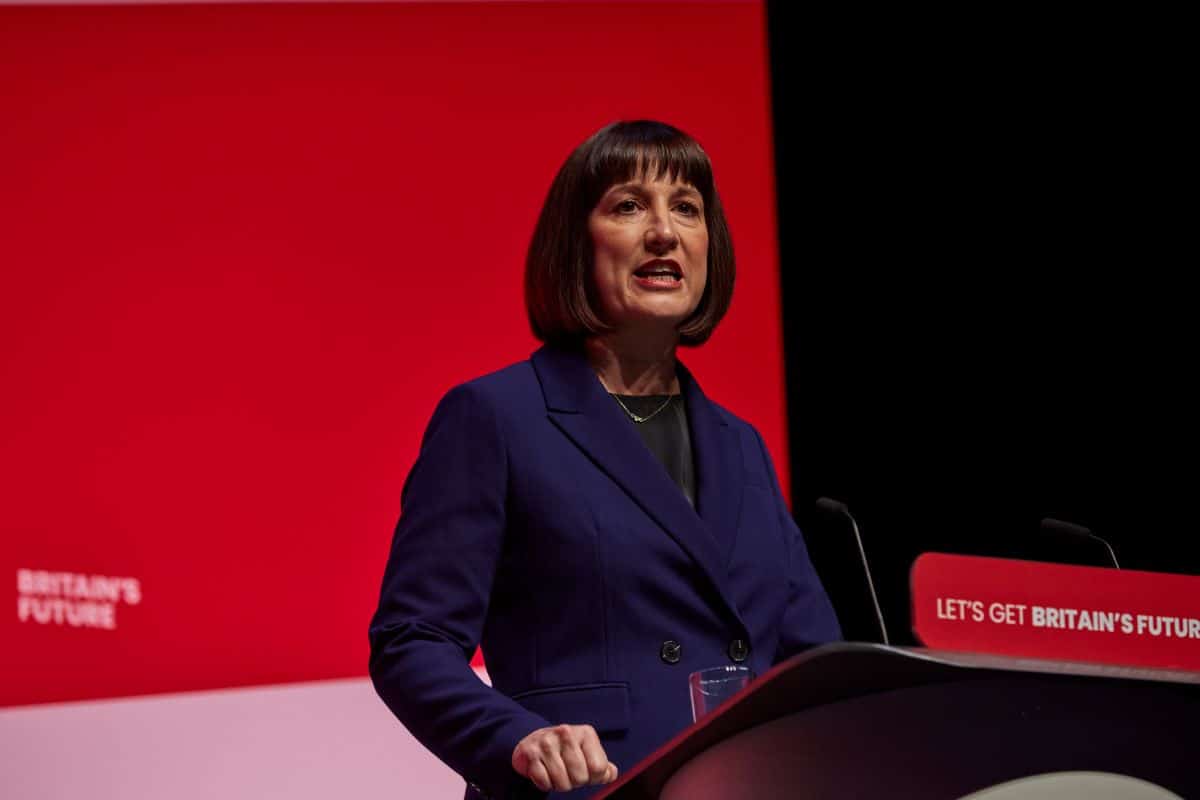Facing a £22 billion fiscal shortfall, Chancellor Rachel Reeves hints at a potential capital gains tax hike in the upcoming October Budget, leaving many speculating on the economic impact. Here’s the full story.
Tax Increases Incoming

Wealthier Britons have reacted with trepidation after Chancellor Rachel Reeves indicated that a potential rise in capital gains tax (CGT) may be on the horizon.
Difficult Decisions Ahead
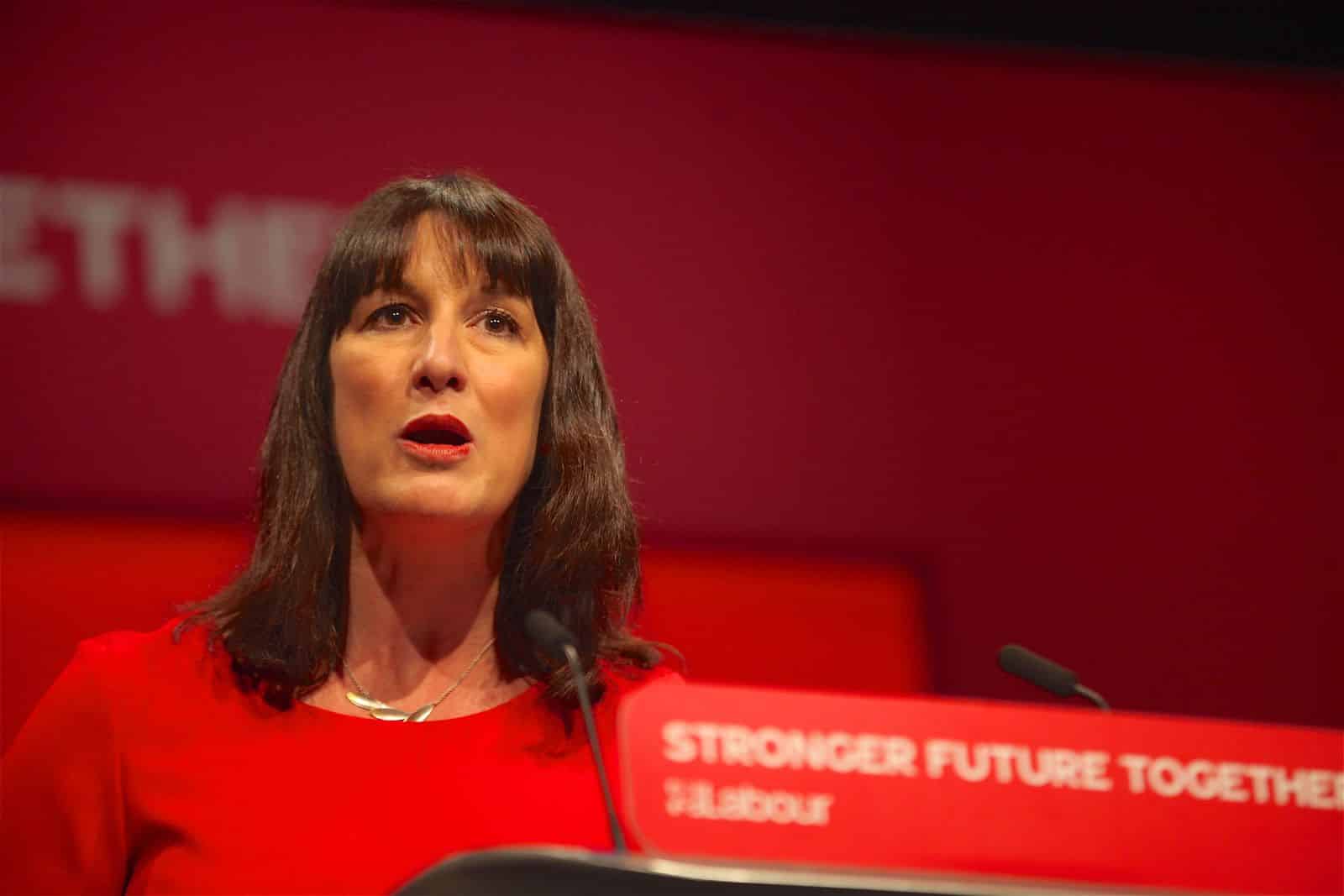
The news came a week after the Chancellor forecast that “difficult decisions” regarding tax policies would need to be made in the upcoming October Budget. The speculation has arisen after Reeves revealed a £22 billion shortfall in public finances left for the incoming Labour government by the previous Conservative government.
Forced Decisions
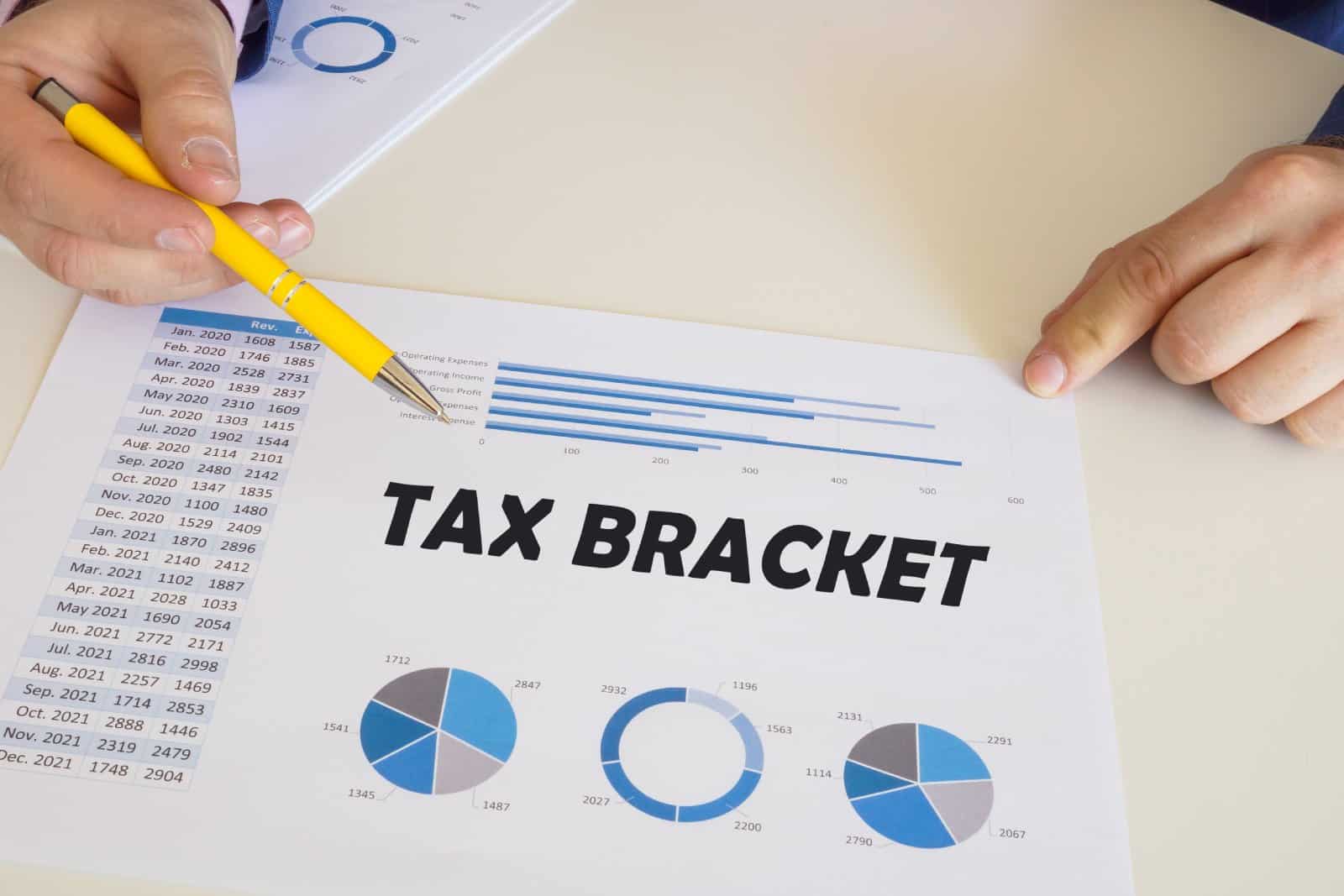
In an interview with Bloomberg TV in the US, Reeves admitted that capital gains tax increases may have been one of the difficult decisions she was forced to make. The Chancellor stated, “I want to bring that tax burden down because I want to make Britain the best place to start and grow a business, and I want working people to keep more of their own money in their pockets.”
Balancing Act

However, she added, “We’ve got a budget on October 30 and we will set out our policy then, but it’s always important when you’re deciding tax policy to strike the right balance. Of course you need to bring in the revenue to fund vital public services, but we’ve also got to grow the economy. I won’t do anything that makes it harder to achieve that economic growth and prosperity.”
Seeking Investment
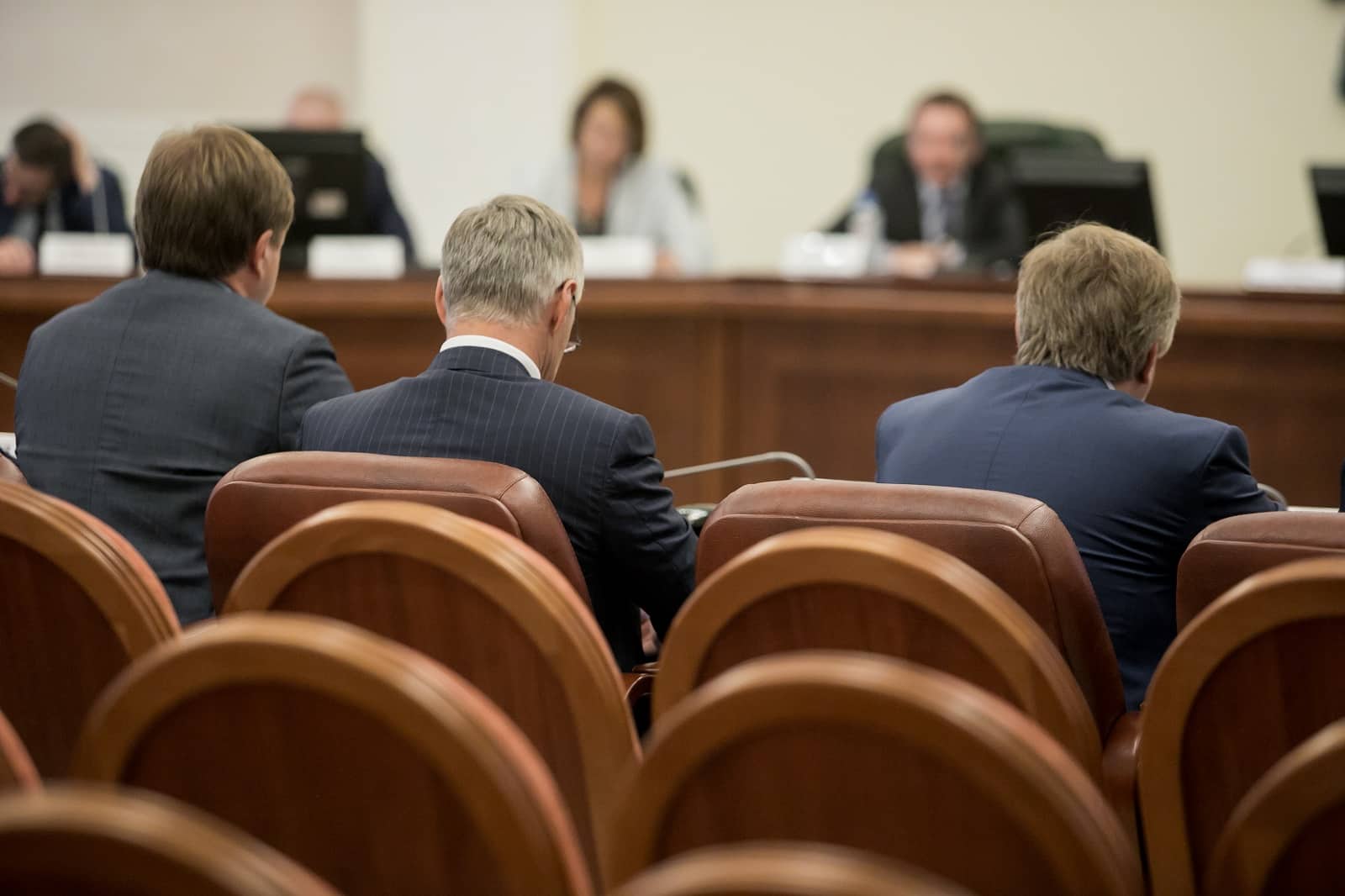
As part of the government’s broader economic strategy, Reeves has actively engaged with international investors during her visits to the US and Canada, hoping to bolster economic growth by attracting foreign investment.
Understanding CGT
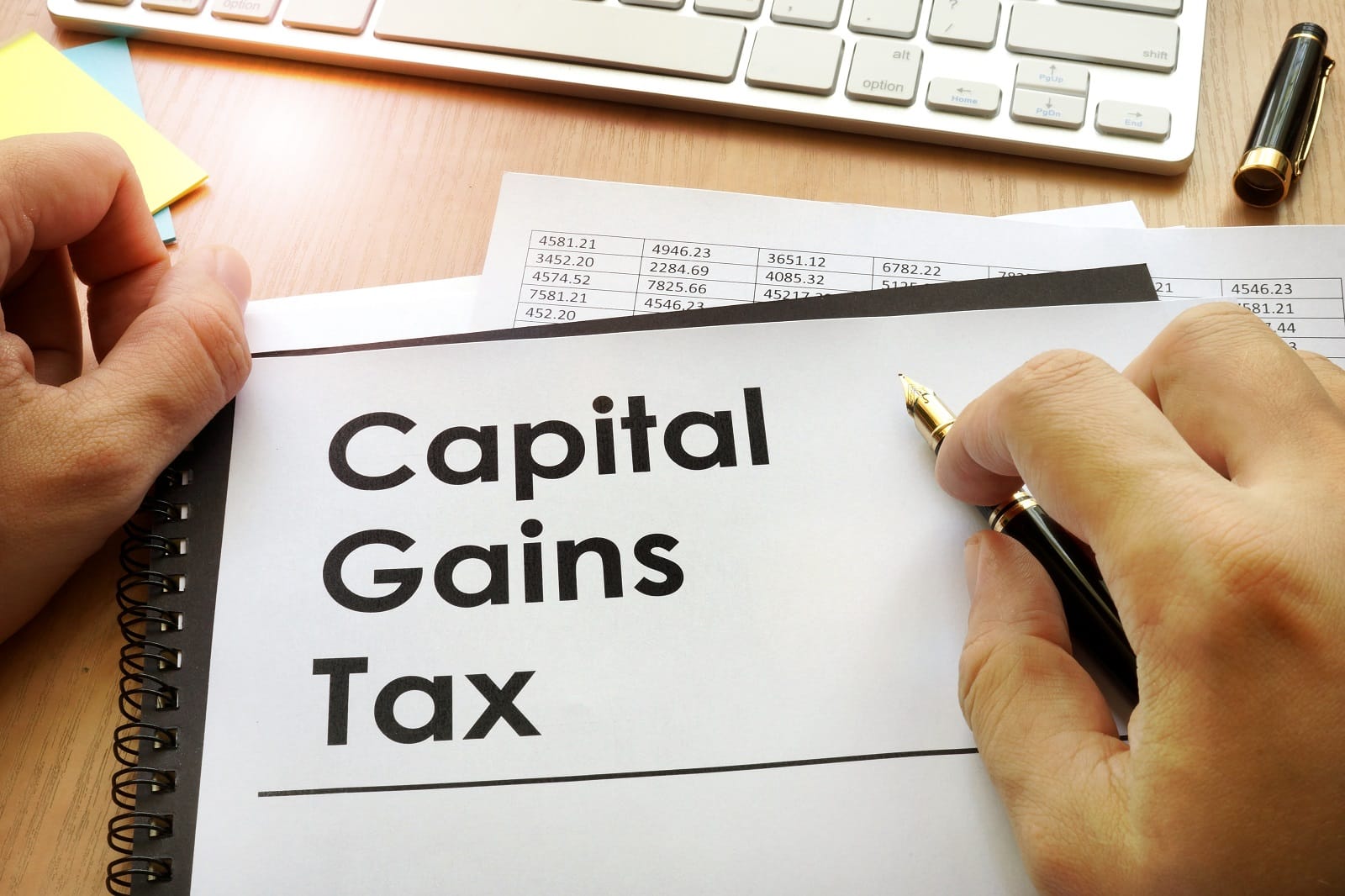
Capital gains tax is imposed on the profit made from selling an asset that has increased in value. The tax is structured to differentiate between basic- and higher-rate taxpayers, with rates varying between 10% and 28% depending on the type of asset and the taxpayer’s income bracket.
Current CGT Rates

Currently, a basic-rate taxpayer pays 10% on assets and 18% on property, while higher-rate taxpayers face a 20% tax on assets and a 24% tax on property. Assets held within Individual Savings Accounts (ISAs) are exempt from CGT.
Potential Rate Alignment
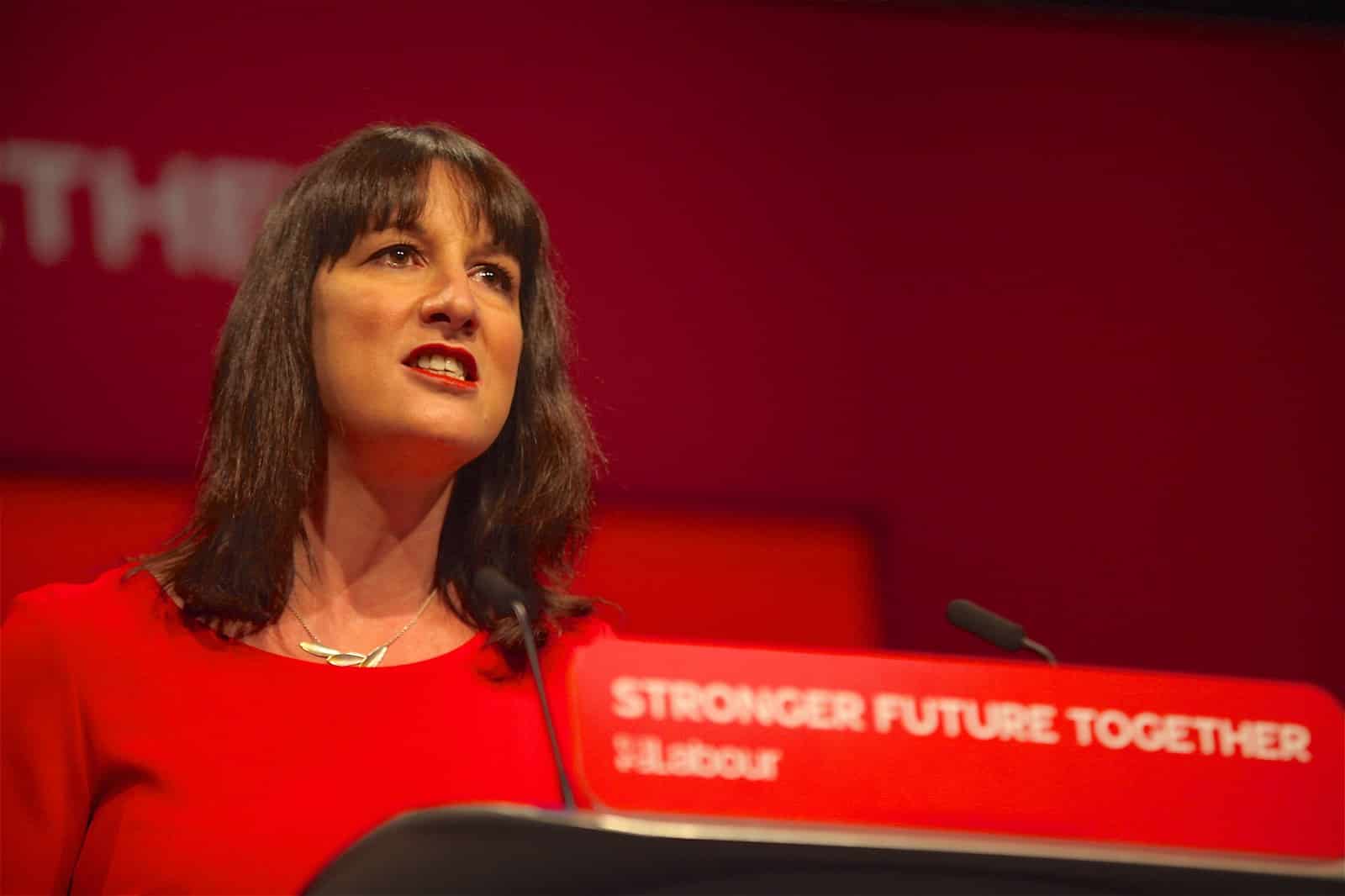
After Reeves failed to rule out CGT rises, there has been increased speculation that she could align CGT rates with income tax rates, potentially raising the rates for the richest to 40 or 45%.
Popular Yet Controversial
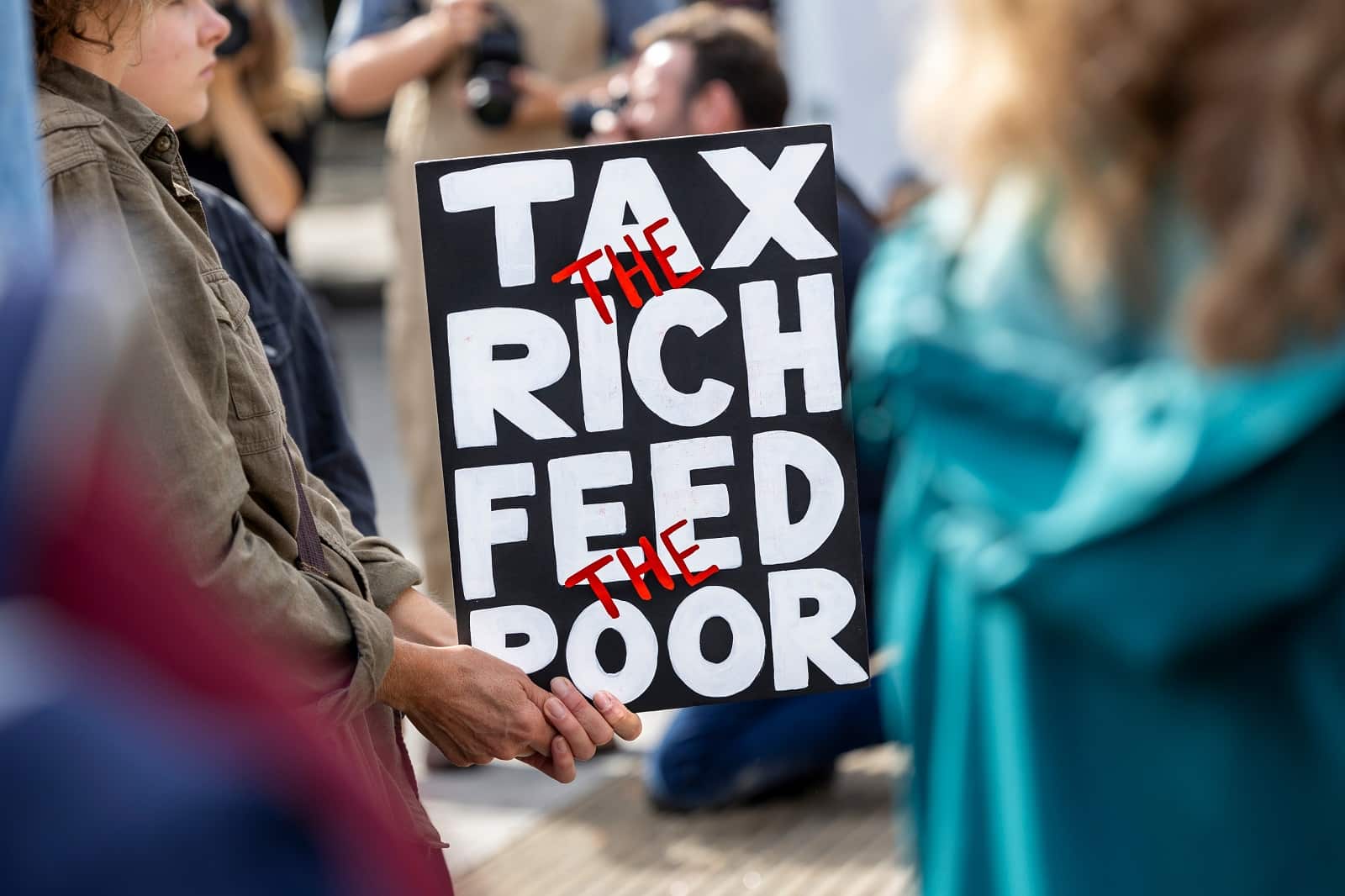
Asking the rich to pay more in taxes is a popular policy. Critics of the current CGT rates argue that rates as low as they are currently unfairly favour wealthier individuals, given that these rates are significantly lower than income tax rates.
Labour’s Tax Pledge
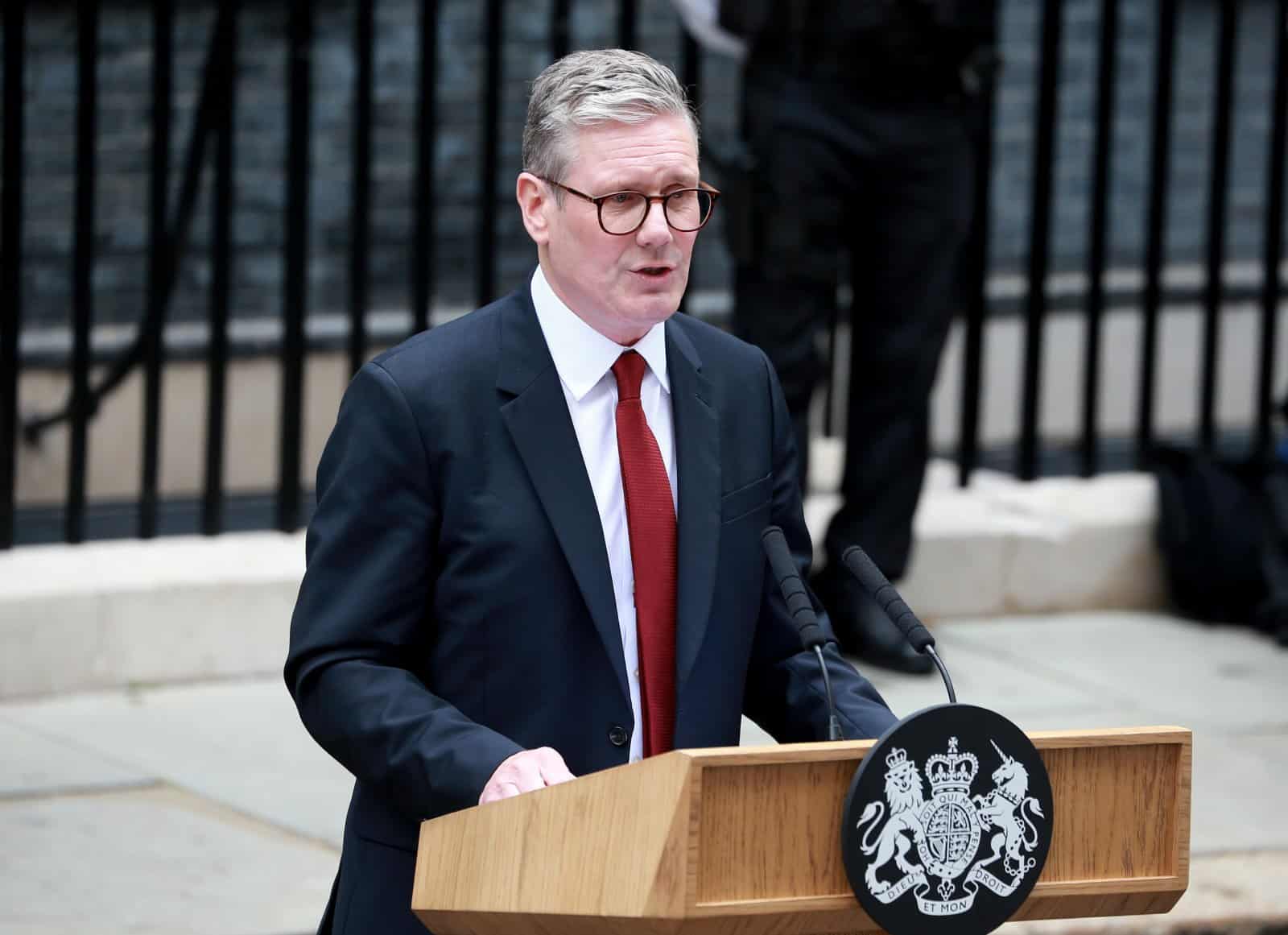
The newly elected Labour government, led by Prime Minister Keir Starmer, has pledged not to raise taxes on “working people,” ruling out increasing income tax, national insurance, or VAT.
Revenue Search

Though workers who will not see those taxes increased have warmly welcomed this, the government’s commitment has necessitated looking for other sources of revenue to address the £22 billion hole in the public finances.
Conservative Denial
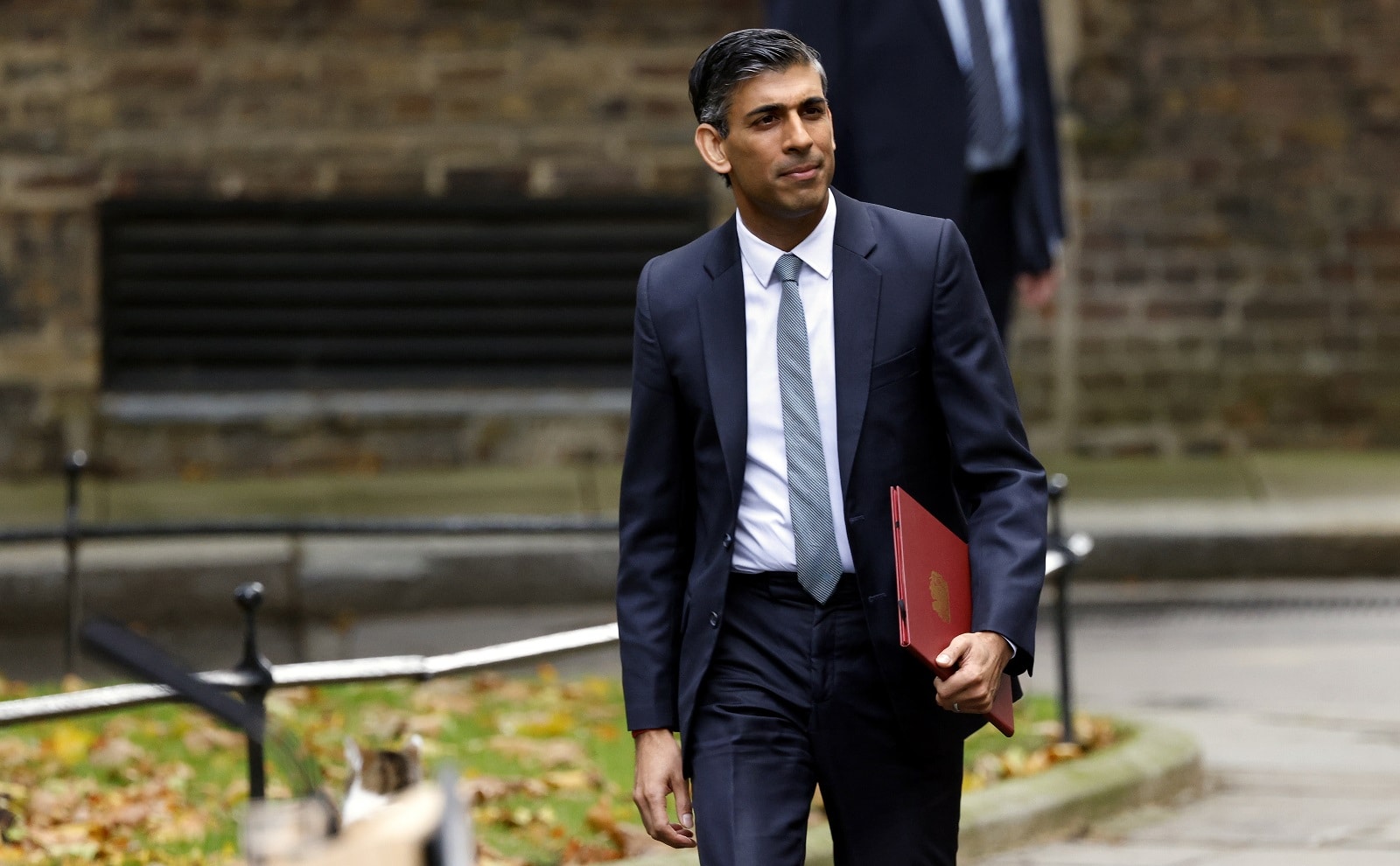
Though the Conservatives have strenuously denied that they left the public finances in ruin, the Institute for Fiscal Studies (IFS) has backed up most of Reeve’s claims.
Business Concerns

However, everyone has not warmly received Reeves’s potential move to increase CGT. Business groups caution that increasing CGT could negatively impact entrepreneurs and small business owners, potentially stunting economic growth.
Fiscal Rules Revision?
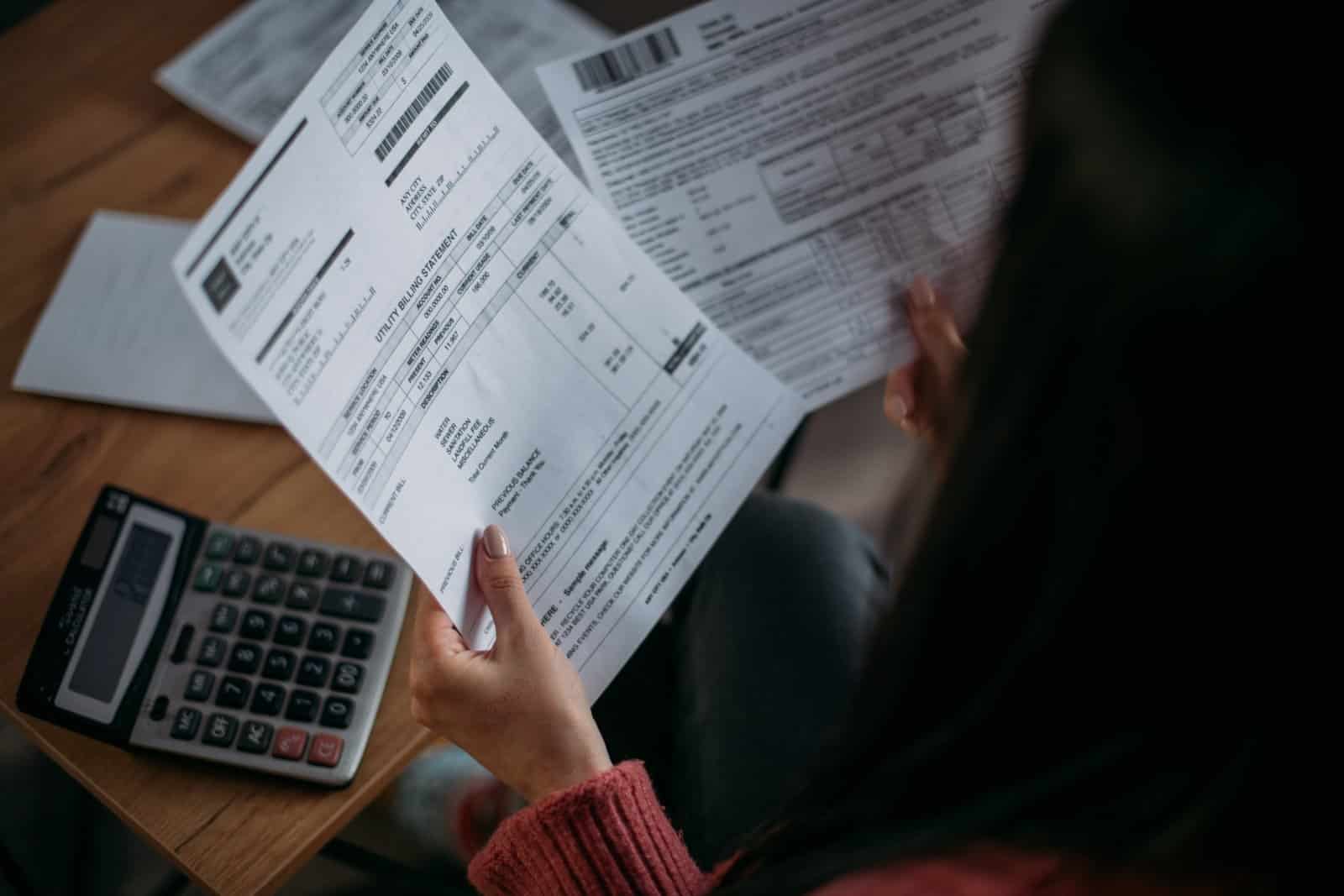
Reeves has also hinted that reforming the tax system might not be the only way to dig the government out of the financial black hole it has found itself in. Reeves has hinted at the possibility of revising the fiscal rules that govern government borrowing and spending.
Budget Anticipation

In an interview with the Financial Times, Reeves remained coy about possible changes to fiscal rules, saying only, “We’ll publish the precise details of the fiscal rules in the Budget.”
Eyes on October Budget

As the October Budget approaches, all eyes are on Chancellor Reeves and the Labour government’s fiscal strategy.
Balancing Growth and Books

The potential increase in capital gains tax, alongside other possible adjustments to fiscal rules, though likely to infuriate the Conservatives, is an essential part of the new government’s plan to foster economic growth and balance the books.
Challenge Remains
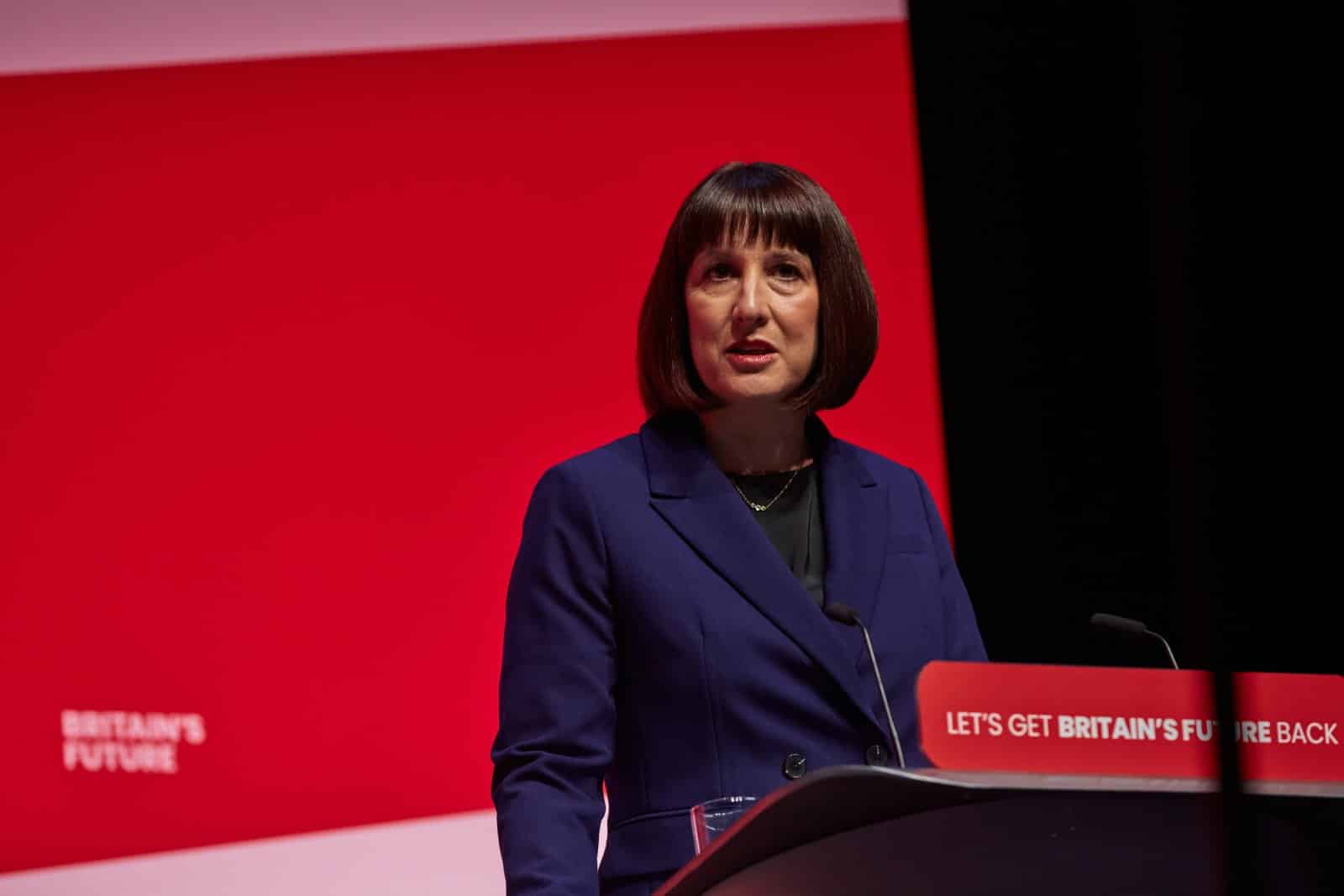
However, considering the size of the challenge facing Reeves, it remains to be seen whether tinkering around the edges of the government’s taxation and spending plans will be enough.
Featured Image Credit: Shutterstock / Martin Suker.
The images used are for illustrative purposes only and may not represent the actual people or places mentioned in the article.

